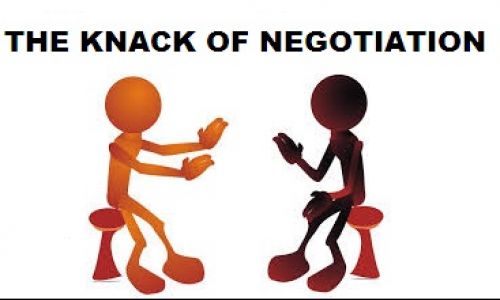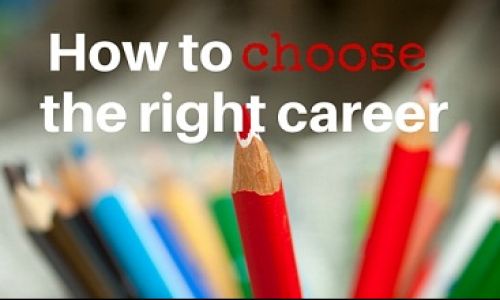Negotiation is a skill that comes in handy at any point in life. The secret of it is that you have to be in a better position to get what you want when you have more offers to leverage.
A research however shows that having alternative offers does not always help you.
The research states that walking into a negotiation with multiple offers, rather than a single one, can bias your decisions and lead you to make a lower first offer, hurting your ability to negotiate for the outcome you want.
'We conducted five studies, involving 1,527 MBA students, undergraduates, and online participants, all with different levels of negotiating experience, in a variety of negotiation settings,' it stated.
The research states that the first goal was to see whether having multiple offers biased negotiators more than a single offer. The second goal was to explore the effect of having multiple alternatives.
The article explained that the idea people rely too heavily on the first piece of information they encounter, like a numerical value, is a human tendency discovered by Nobel laureate Daniel Kahneman.
'He found that when people are exposed to an initial piece of information, their subsequent judgments are biased toward that information. This tendency has been illustrated in work by behavioral economist Dan Ariely, who has found that numerical reference points, even arbitrary ones, serve as anchors that influence people’s perceptions about what constitutes a fair price,' the article added.
To test the idea that having multiple options changes negotiators’ perceptions of what an appropriate offer looks like, we instructed 302 online participants to negotiate the sales price of a CD, it said.
'We found that negotiators with multiple offers asked for $1 less when they were given only dollar amounts, but not when they had more context about the offers. This confirmed our thinking that negotiators with multiple offers have a different understanding of what an appropriate offer is and, as a result, make lower offers than a negotiator with a single alternative,' the article pointed out.
What’s the best approach for negotiators who have multiple offers? The current thinking among negotiation scholars is that negotiators should simply focus on their best offer and ignore less attractive ones.
In another study, it was found that even when participants were explicitly instructed to focus on their most attractive offer and disregard lower ones, those who had multiple alternatives did worse than those who had a single one. The biasing effect of multiple alternatives appears to be very robust and hard to ignore.
Another way to minimise the negative effects of multiple alternatives would be to gauge what an appropriate offer is before identifying alternatives. Specifically, negotiators should gather market data and research their opponent to get an understanding of what an ambitious offer looks like.
By doing this, negotiators can determine a first offer, and then identify viable alternatives. The sequential approach can keep the negotiator from being anchored by the value of alternatives when making a first offer.
Unfortunately, because strong alternatives are hard to obtain, negotiators often end up with less-attractive alternatives, so they should understand how these may influence their negotiating performance.
Courtesy: www.hbr.org
Arghaa Hr Technologies
Arghaa HR Technologies flagship division of Arghaa HR Solutions LLP is a Management Business Process Organization managed by highly stupendous professionals from across industries, is bound towards facilitating Organizational Renovation, Managing Human Side Changes eventually creating.
Arghaa Hr Technologies, Flat no1, shreenath apartment, sevilimedu
Kanchipuram
Tamilnadu
631502
India
Kanchipuram
Tamilnadu
631502
India



